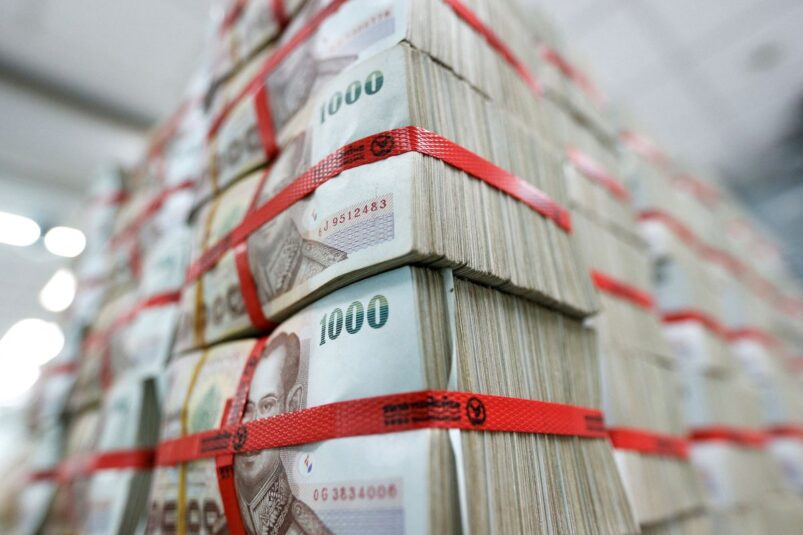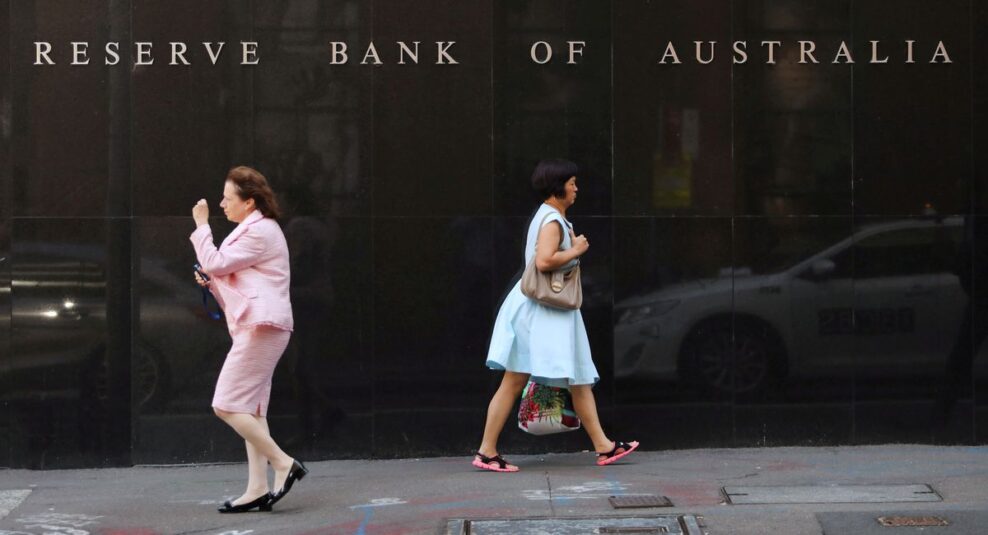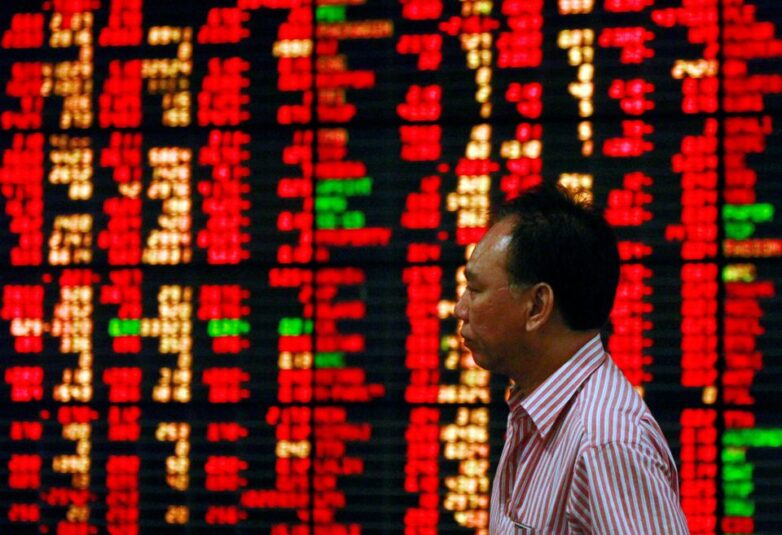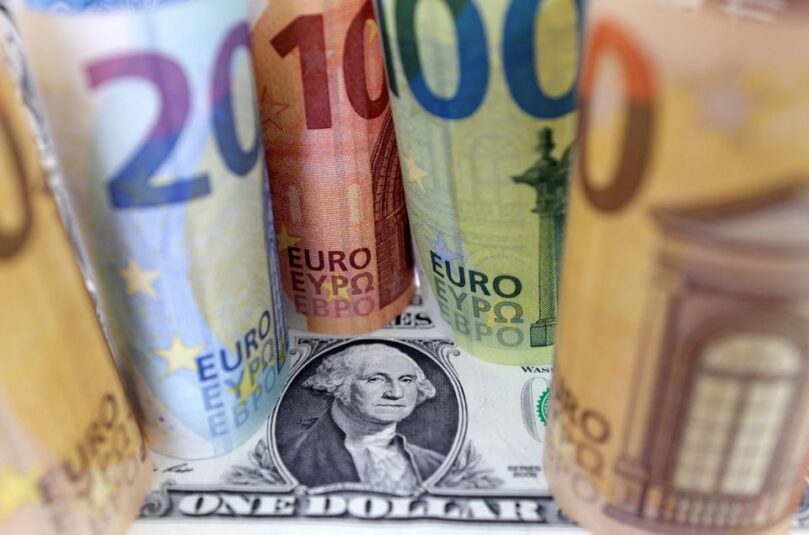NEW YORK, Dec 6 (Reuters) – As the U.S. dollar tumbles from multi-decade highs, some investors are betting emerging market currencies will be big winners from a sustained reversal in the greenback.
The MSCI International Emerging Market Currency Index (.MIEM00000CUS) is up nearly 5% from its lows and notched its best monthly gain in about seven years in November, as expectations that the Federal Reserve will soon slow the pace of its interest rate hikes bolstered the case for investors betting on emerging market currencies.
Full coverage: REUTERS
Australia Central Bank Raises Rates To 10-Year High, Says More Needed
SYDNEY, Dec 6 (Reuters) – Australia’s central bank on Tuesday raised interest rates to a 10-year high and stuck with its projection that more hikes are needed to cool inflation, a stance taken as slightly hawkish by markets that were looking for signs of a pause in the near term.
Wrapping up its last policy meeting this year, the Reserve Bank of Australia (RBA) lifted its cash rate by 25 basis points to 3.1%, the eighth hike in as many months and bringing its rate increases to a hefty 300 basis points since May.
Full coverage: REUTERS
Oil Prices Climb After Russian Crude Sanctions Kick In
Dec 6 (Reuters) – Oil rebounded on Tuesday after plunging by more than 3% in the previous session, as the implementation of sanctions on Russian seaborne crude oil eased concerns about oversupply while the relaxing of China’s COVID curbs bolstered the demand outlook.
Brent crude futures had gained 85 cents to $83.53 a barrel by 0733 GMT. West Texas Intermediate crude (WTI) rose 68 cents to $77.62 a barrel.
Crude futures on Monday recorded their biggest daily drop in two weeks, after U.S. service sector data raised worries that the Federal Reserve could continue its aggressive policy tightening path.
Full coverage: REUTERS
Stocks Suffer Biggest Drop In Two Weeks; Dollar Gains On Upbeat U.S. Data
SINGAPORE, Dec 6 (Reuters) – Asian stocks logged their sharpest declines in two weeks but the dollar held on to gains following strong U.S. data that again suggested the Federal Reserve might stick longer with aggressive interest rate increases.
While investors stayed hopeful of China’s economy improving with the easing of the country’s zero-COVID policy, analysts said markets had already priced in a lot of the upbeat news.
MSCI’s broadest index of Asia-Pacific shares outside Japan (.MIAPJ0000PUS) declined 1.4%, the biggest fall since Nov. 21, after climbing to a three-month high in the previous session. The benchmark has gained 20% from October lows on persistent chatter about China easing pandemic measures.
Full coverage: REUTERS
Morning Bid: Powerless
A look at the day ahead in European and global markets from Anshuman Daga.
Just as missile attacks fuel worries of emergency blackouts in Ukraine, global equities are also feeling the pain from U.S. economic data that is stoking fears the Fed could go higher for longer.
Treasury yields are up, the dollar is standing firm after its biggest rally in two weeks and risk-off sentiment is holding sway.
For the euro zone, however, there is little in the way of good news. Business activity declined for a fifth month in November, indicating the economy was headed for a mild recession as consumers slash spending amid surging inflation.
Full coverage: REUTERS








